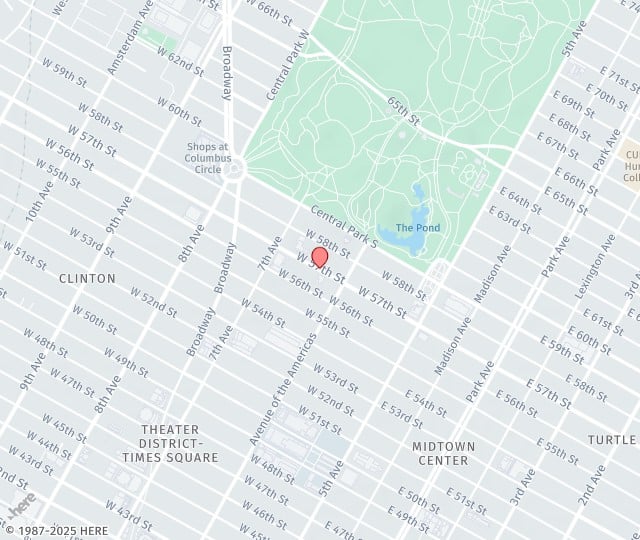 A few months ago, the New York Times published an article connecting an increase in dental patients’ migraines, jaw pain, and tooth sensitivity to the coronavirus shutdown of 2020. The report also indicated that dentists have seen a rise in tooth fractures and bruxism and believe these instances may stem from stress related to the novel coronavirus. Here, we discuss the surprise dental condition you or someone you love may have developed as a result of the events of the past year.
A few months ago, the New York Times published an article connecting an increase in dental patients’ migraines, jaw pain, and tooth sensitivity to the coronavirus shutdown of 2020. The report also indicated that dentists have seen a rise in tooth fractures and bruxism and believe these instances may stem from stress related to the novel coronavirus. Here, we discuss the surprise dental condition you or someone you love may have developed as a result of the events of the past year.
What Is Bruxism?
Bruxism is the term used to describe clenching the jaw and grinding the teeth. Clenching is when a person exerts extraordinary force biting down. Grinding is when a person moves the jaw in a back-and-forth motion, rubbing upper and lower teeth against each other. Both occur subconsciously, often when a person sleeps. However, bruxism can also occur while a person is awake but unaware of their habit.
Dentists are interested in addressing bruxism as quickly as possible. When not treated properly, tooth-grinding and jaw-clenching can lead to:
- Sleep disruption
- Severe headaches
- Tooth erosion
- Tooth fractures
- Chronic facial, jaw, and neck pain
What Can be Done About Bruxism?
According to multiple studies, bruxism is a stress-related condition. Therefore, the best suggestions for managing and reducing the clenching and grinding that happens at night include daytime strategies. Experts encourage people with bruxism to avoid smoking. While the initial effects of smoking can feel relaxing, this habit ultimately increases stress responses in the body. Alcohol consumption is similar, so is also something to avoid. Finally, it is advantageous to implement various stress-management techniques. Examples include taking a nightly walk to ease tension before bedtime, taking a warm bath or shower, listening to calming music, sitting quietly, and doing breathing exercises.
Stress-management may help reduce bruxism and can certainly help prevent this habit from developing. But what do you do if you’re already experiencing the signs of clenching and grinding? You talk to your dentist, that’s what! Dental treatment for bruxism typically involves a custom-made nightguard that is worn when you sleep. This thin plastic guard is easy to wear. It is made for comfort and also shock absorption, so the force of biting down and the friction of grinding are kept to a minimum.
Your dental health can be affected by your stress level. Fortunately, your dentist can provide the care you need to maintain a strong, resilient smile. Call our NYC office at (212) 974-8737 to schedule your consultation.

